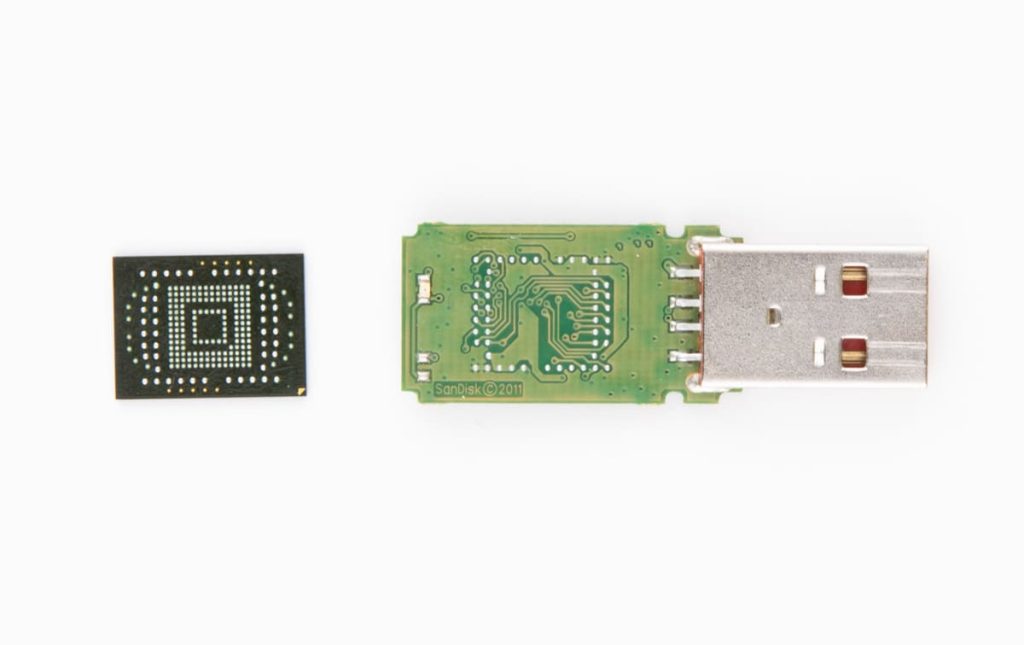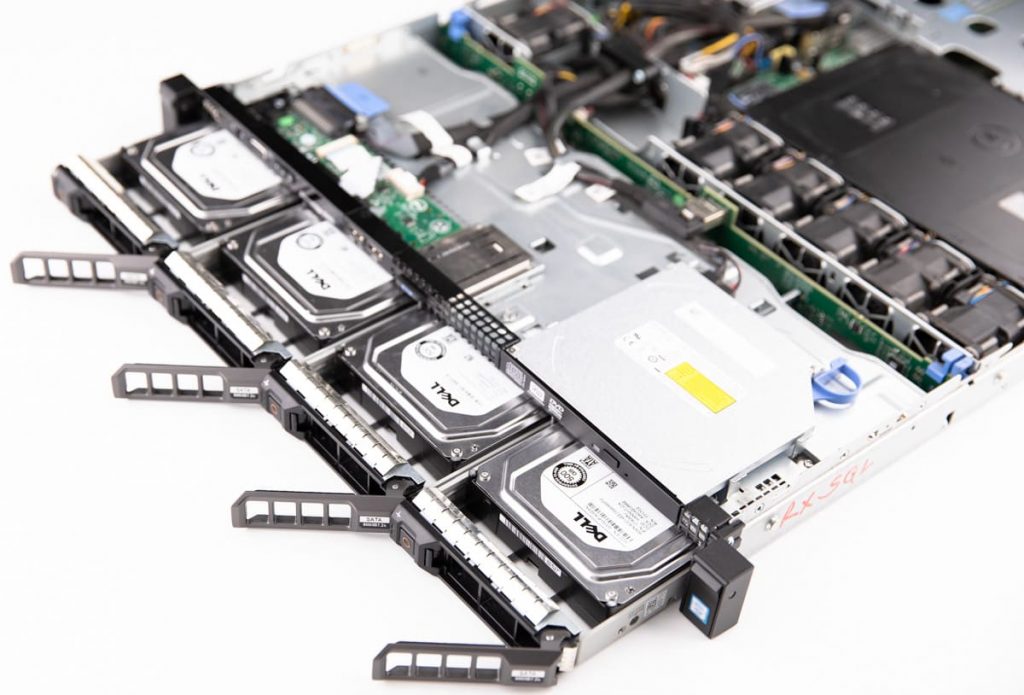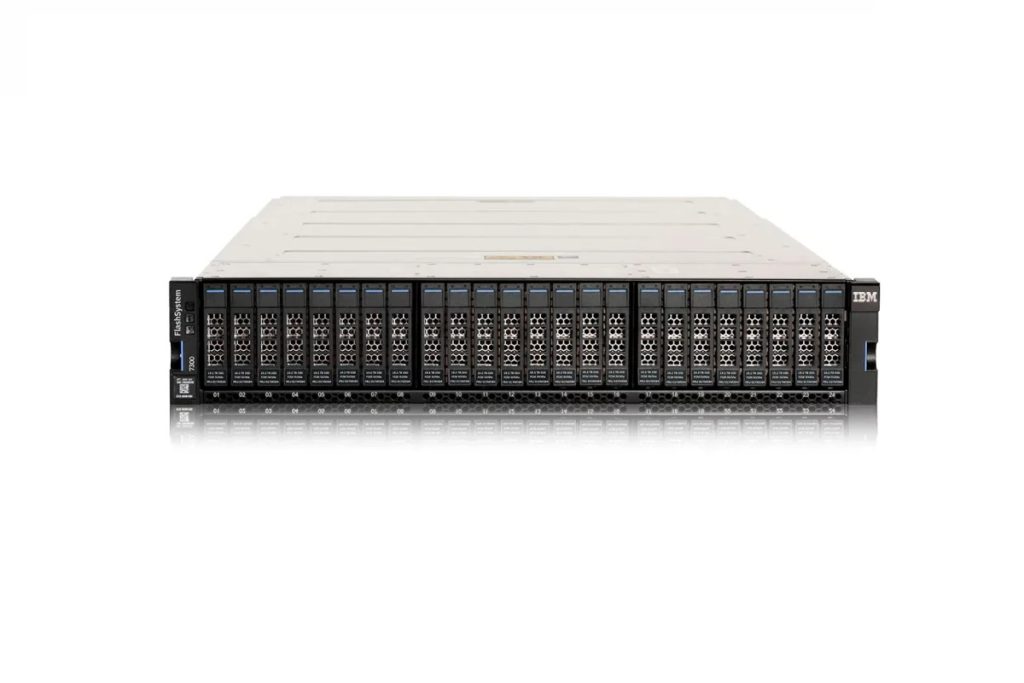eMMC (Embedded MultiMediaCard) storage relies on NAND flash memory, similar to SSDs, but with some key differences. While both eMMC and SSDs have faster read speeds than write speeds, and both require flash cells to be cleared before writing new data, eMMC technology handles deleted data differently. Unlike SSDs, many eMMC controllers do not instantly erase deleted data, even after the TRIM command has been executed. This delay provides a crucial window for data recovery specialists to retrieve lost files.
Understanding eMMC Data Recovery Challenges
In eMMC storage, deleted data often remains on the medium for a time, even after cells are marked for deletion. This feature can work to the advantage of data recovery specialists, offering a unique opportunity to restore lost files. However, the absence of mechanisms to manage multiple cells simultaneously in some eMMC controllers can make the process more complex.
Recent Case: Professional eMMC Chip Recovery
Our company recently handled a complex case that involved recovering data from an eMMC chip in a portable GPS device. The device’s brand and model were unknown, but the situation required immediate attention. Our engineers decided to use the chip-off recovery technique for this procedure.
Upon inspection, the eMMC chip appeared to have been previously removed from the circuit board, though it showed no signs of physical damage. Despite this, we proceeded with caution to avoid potential heat damage during the recovery process.
Chip-Off Recovery Process
Chip Removal: The eMMC chip was carefully unsoldered from the circuit board. Our technicians ensured that the heat applied during the process was controlled to prevent damage to the chip or the surrounding components. This step involved heating the printed circuit board just below the solder’s melting point, allowing the chip to be safely removed with a hot air station.
Ultrasonic Cleaning: After removal, the eMMC chip underwent an ultrasonic cleaning process. This thorough cleaning eliminated all dust and debris, even from the most inaccessible parts of the chip, ensuring that no particles could interfere with the recovery process.
Physical Image Extraction: Once the chip was clean, our engineers performed bit-by-bit image extraction. This technique allowed us to access deleted data and retrieve files stored outside the active user data, including images, videos, emails, installed apps, and other important data.
Successful Data Recovery
Using our advanced technology and expertise, we successfully recovered most of the lost files from the eMMC chip. The recovered data was then delivered to the client, who was extremely satisfied with the outcome.
If you experience any issues with your storage media or face data loss, contact PITS Global Data Recovery Services. Our customer service team will guide you through our recovery solutions and help you choose the best option for your situation.


